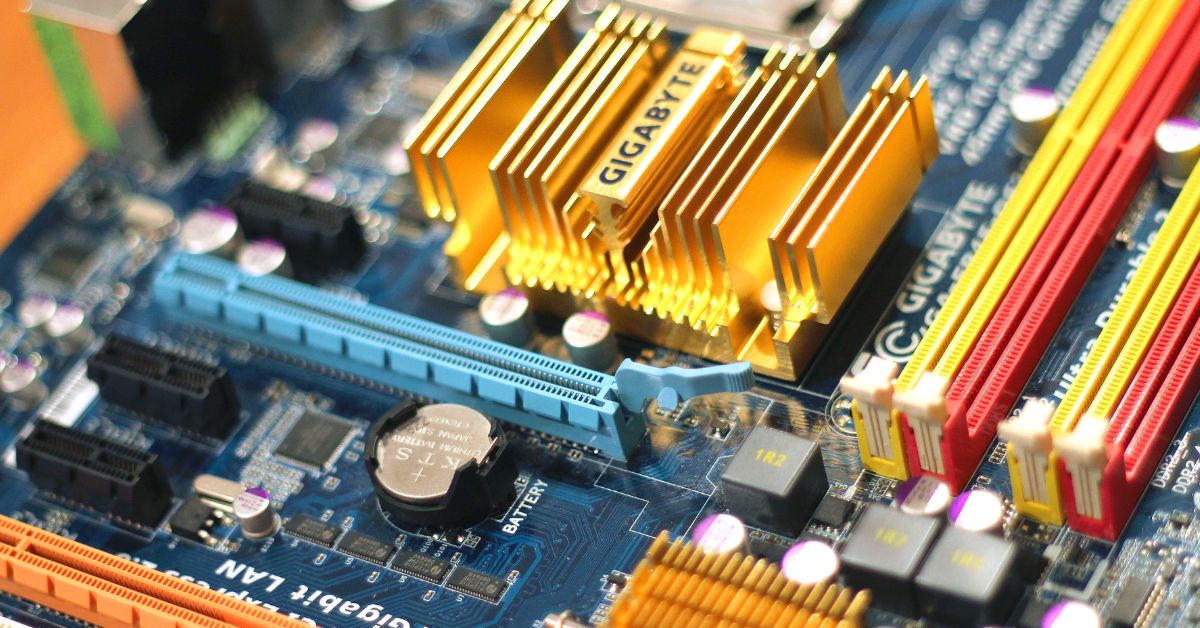The Concept of Modular Apartment Units
Modular apartment units are revolutionizing the real estate industry by offering a modern solution to urban housing challenges. These units are prefabricated in a factory setting and then transported to the construction site, where they are assembled into a complete building. This method contrasts with traditional construction, which takes place entirely on-site. The modular approach not only speeds up the construction process but also enhances quality control, as the units are built in a controlled environment.
One of the key advantages of modular apartment units is their ability to be customized. Developers can choose from a variety of designs and layouts, allowing them to tailor the units to meet specific needs and preferences. This flexibility makes modular apartments an attractive option for both developers and residents. Additionally, the prefabrication process reduces waste and minimizes environmental impact, making modular construction a more sustainable choice.
Moreover, modular apartment units are cost-effective. The efficiency of the factory-based construction process, combined with reduced labor costs, often results in significant savings. These savings can be passed on to buyers or renters, making modular apartments an affordable housing solution in many urban areas.
Benefits of Modular Construction
The benefits of modular construction extend beyond cost savings and environmental sustainability. One of the primary advantages is the speed of construction. Since the units are built in a factory while site preparation is underway, the overall project timeline is significantly reduced. This rapid construction process is particularly beneficial in areas with high demand for housing, where traditional construction timelines may not meet the urgent need for new units.
Another benefit is the consistent quality of modular apartment units. Factory construction ensures that each unit is built to the same high standards, with rigorous quality control measures in place. This consistency can lead to fewer defects and a longer lifespan for the building, providing peace of mind for both developers and residents.
Furthermore, modular construction offers enhanced design flexibility. With the ability to easily add or remove units, developers can adapt buildings to changing market demands or expand them as needed. This adaptability is a significant advantage in the ever-evolving real estate market, where consumer preferences and needs can shift rapidly.
Challenges and Future Prospects
Despite the numerous advantages, modular apartment units also face challenges that must be addressed to fully realize their potential. One of the primary challenges is the perception of modular construction as inferior to traditional methods. This misconception can deter potential buyers or renters, despite the high quality and durability of modular units.
Additionally, regulatory hurdles can pose significant obstacles. Building codes and zoning regulations are often designed with traditional construction in mind, making it difficult for modular projects to gain approval. Streamlining these regulations to accommodate modular construction is essential for its widespread adoption.
Looking to the future, the prospects for modular apartment units are promising. As urbanization continues to drive demand for efficient and sustainable housing solutions, modular construction is well-positioned to meet these needs. With advancements in technology and increased awareness of the benefits of modular construction, it is likely that we will see a growing number of modular apartment developments in the coming years. By addressing current challenges and capitalizing on its strengths, modular construction can play a crucial role in shaping the future of urban housing.






